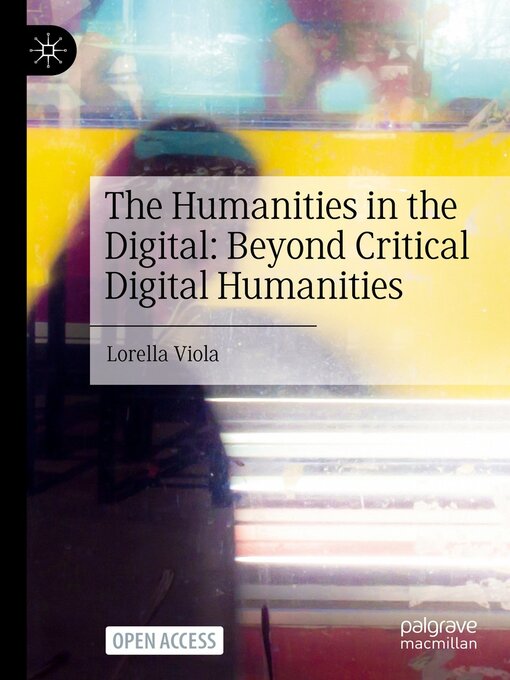This open access book challenges the contemporary relevance of the current model of knowledge production. It argues that the full digitisation of society sharply accelerated by the COVID-19 pandemic has added extreme complexity to the world, conclusively exposing the inadequacy of our current model of knowledge creation. Addressing many of the different ways in which reality has been transformed by technology – the pervasive adoption of big data, the fetishisation of algorithms and automation, and the digitalisation of education and research – Viola examines how the rigid conceptualisation in disciplines' division and competition is complicit of promoting a narrative which has paired computational methods with exactness and neutrality whilst stigmatising consciousness and criticality as carriers of biases and inequality. Taking the humanities as a focal point, the author retraces schisms in the field between the humanities, the digital humanities and critical digital humanities; these are embedded, she argues, within old dichotomies: sciences vs humanities, digital vs non-digital and authentic vs non-authentic. Through the analysis of personal use cases and exploring a variety of applied contexts such as digital heritage practices, digital linguistic injustice, critical digital literacy and critical digital visualisation, the book shows a third way: knowledge creation in the digital.
- British Science Fiction Association awards
- Book of the Year
- International Booker Prize
- 2025 Women's Prize for Nonfiction
- The Arthur C. Clarke Award
- Uplifting Reads to Kickstart Your Year
- Bestsellers of 2024
- Nero Book Awards
- Great Reads from Around the World
- THE POLARI PRIZE
- World Poetry Day
- International Women's Day
- Business Book of the Year 2024
- See all ebooks collections
- World Cancer Day
- International Day of Women and Girls in Science
- Magazines
- World Photography Day
- See all magazines collections
